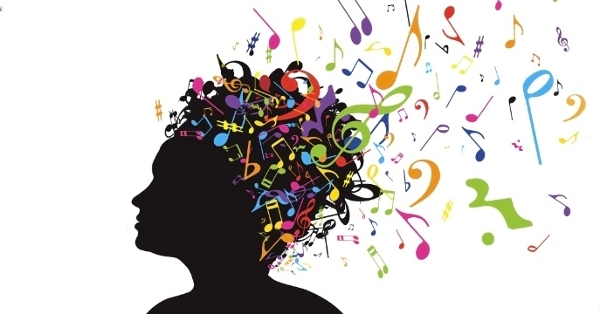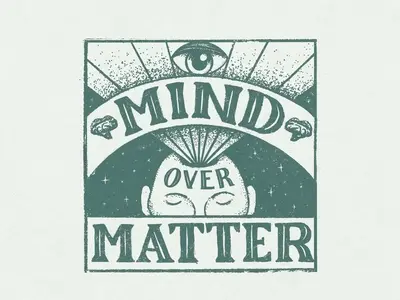Music’s Impact on the Brain
- Ananya
- Dec 8, 2023
- 2 min read

Whether you're the kind of person who always keeps an airpod in or someone who often attends the opera, you know that music can play an unparalleled role in our life. From the gentle sway induced by a soft melody to the adrenaline rush of a powerful crescendo, the impact on music on the human brain is a rather surprising and fascinating phenomenon reflected within the corridors of neuroscience.
Music, in its myriad forms, serves as a catalyst for an intricate interplay within the brain. Neuroscientific studies have unveiled that listening to music engages multiple regions across the brain, igniting a symphony of responses. The auditory cortex processes the sound, while diverse areas such as the prefrontal cortex, hippocampus, and amygdala synchronize to weave emotional, cognitive, and memory-related responses.
Perhaps one of music's most captivating powers lies in its ability to evoke a spectrum of emotions. The brain's limbic system, notably the amygdala, responds strongly to music, stirring emotions ranging from joy and nostalgia to sadness and tranquility. This emotional resonance occurs regardless of cultural or linguistic barriers - so, yes, you don’t even need to understand a song’s lyrics in order to wholly enjoy it - showcasing music's universal language that speaks directly to our emotions without often even speaking with any direct meaning.
Research indicates that music possesses the ability to act as a time machine, effortlessly transporting us to moments long past. The connection between music and memory resides deep within the hippocampus, the brain's memory center. Familiar melodies can trigger vivid recollections, evoking memories, emotions, and even sensory experiences from the past. This phenomenon remains potent even in individuals with memory impairments, demonstrating music's unique ability to unlock memories.
The rhythmic beats and patterns inherent in music are invitations for the brain to synchronize. Auditory-motor coupling prompts our bodies to move in harmony with the rhythm. Beyond external movement, music has been shown to synchronize internal brainwave patterns, potentially enhancing cognitive functions and attention.
The therapeutic potential of music is a testament to its impact on the brain. In fact, music therapy has emerged as a powerful tool for healing and rehabilitation. Its applications span from reducing stress and anxiety to aiding in motor skills recovery and speech rehabilitation. Neurological studies have shown that engaging with music can stimulate the release of dopamine, fostering feelings of pleasure and reward.
The profound impact of music on the human brain resonates far beyond mere entertainment. It transcends cultural boundaries, taps into deep emotional reservoirs, and even holds the potential to heal and rehabilitate. As neuroscience continues to unravel the interplay between music and the brain, the transformative power of music stands as a testament to its profound influence on the human experience.


Comments